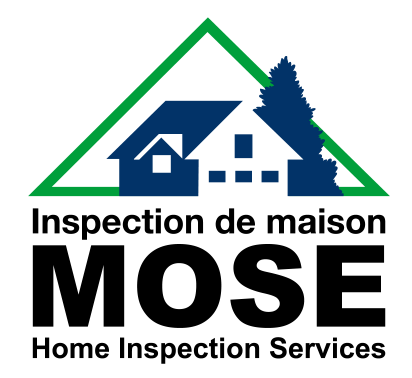9 Simple Tips for Improving Indoor Air Quality
As the cold weather arrives, we who live in a northern climate, spend more time indoors. In winter months, there is less or no fresh air from the outside flowing into our homes, which means that VOCs (volatile organic Compounds) and allergens become trapped inside. The result is that indoor air can be as polluted, if not more polluted, than outdoor air. Luckily, there are some simple actions that can be taken to improve the indoor air quality in everyone’s home.
Keep it clean
Dust mites can be found in the fabrics of your home, such as bedding, mattresses, cushions, and drapery, so regular cleaning of these items is important. This is even more important if you have pets. Dust mite–proof covers for pillows, as well as mattresses and box springs, are available in stores and help reduce dust.

If you have carpeting or rugs in your home, these will also attract dust and pet dander so try to vacuuming the carpets and area rugs at least once or twice a week with a vacuum cleaner that comes with a HEPA filter. If renovations are part of your plans, you may want to choose hard-surface flooring instead of wall-to-wall carpeting.
Deep clean your carpets and rugs
Vacuuming can get rid of some allergens, dust and dander, but in order to get rid of dirt that is embedded deep into your carpet’s fibers, you should consider having them cleaned professionally. Heavy build-ups of dirt and pollutants can impact the air quality in your home.
Use your kitchen fan
Your kitchen fan is a great way to move potential air contaminants out. Besides leaving a lingering odour, kitchen fumes are also a source of VOCs so make sure to use your fan regularly.
Get an air purifier
Air purifiers are designed to cleanse the air in your home, getting rid of all the impurities including odours, smoke, dust, and pet dander. Keep in mind that most air purifiers are good at filtering pollutant particles out of the air, but not all models can remove gaseous pollutants like VOCs.
Change your filters
This single tip is probably one of the most important and simplest to do. Simply clean or change the filters on your furnace, air purifier, vacuum cleaner and air conditioner regularly to prevent dust and pollutants from circulating in your home.
Use an air exchanger
Using an air exchanger or a heat exchanger can make a big difference in air quality New homes today are built to be very airtight and that means that pollutants can build up quickly. An air exchanger brings in fresh air without you having to open the windows and it will do so while maintaining the temperature of the room. If you are in a new home, make sure you use your exchanger.
Reduce humidity
Mould is also a cause of poor air quality. Consider using a dehumidifier in damp areas, such as a basement, to help prevent the growth of mould. Make sure that other areas that have high humidity, such as bathrooms, are well ventilated or have a good fan. Any visible mould that may collect in the shower, fixtures, or walls should be scrubbed off.
Avoid synthetic air fresheners
If you have ever had an indoor air quality test, you may have seen that synthetic air fresheners are a common cause of elevated VOCs. Simply switching to products that use natural products, such as essential oils, can improve air quality.
Pay attention to your cleaning products
Try to find cleaning products that are environmentally-friendly and can effectively clean without harsh chemicals. If you have cleaning products that have harsh or caustic ingredients, make sure that any leftover products or opened containers are sealed properly and stored.
Increase ventilation
The best way to improve air quality is to increase ventilation and the simplest way is to open your windows.
Of course, if you live close to busy highways or in high traffic areas, you may want to choose the time of day carefully. Traffic levels are lowest in early morning or late evening.
If you’re not sure about the quality of your indoor air, you can contact a professional, such as Mose Home Inspection Services, and schedule an appointment to have a test done. Even if your air quality falls within the normal range, the tips above can still help. At Mose, we want to make sure you know everything about your home, including the quality of the air inside it.
